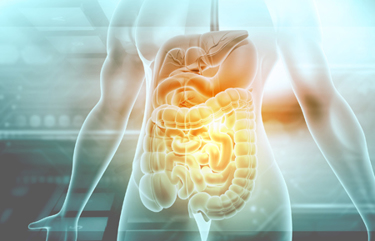Duodenum Intestine-Chip For Modeling Human Physiology

Assessing the accuracy and predictability of in vivo responses and disease-driving mechanisms presents challenges when conducted in vitro. Early stages of drug development and discovery involve analyzing potential therapeutic compounds to predict and quantify their effects before advancing to the clinic. Currently, preclinical testing mandated by regulatory agencies falls into two categories: in vivo and in vitro.
In vitro studies encompass testing for absorption, distribution, metabolism, and excretion (ADME). Models for testing absorption and intestinal permeability face limitations such as the absence of three-dimensional cytoarchitecture, inadequate cell population ratios, and altered expression profiles of drug transporters and drug metabolizing enzymes. This has piqued interest in three-dimensional intestinal organoids (or enteroids). Despite their potential, organoids lack crucial aspects of the organ microenvironment that affect tissue function in vivo, including the presence of microvasculature and mechanical forces like fluid flow and peristalsis. Moreover, the apical membrane in organoids impedes accurate functional transporter studies.
To address these challenges, Organs-on-Chips technology was developed to replicate the complex functions and pathophysiology of multiple human organs, including the lung, intestine, and kidney. Discover a Duodenum Intestine-Chip that integrates the robust cell sourcing of organoids with Organs-on-Chips technology, overcoming the experimental limitations associated with organoids and yielding a transcriptomic profile much closer to that of humans.
Get unlimited access to:
Enter your credentials below to log in. Not yet a member of Drug Discovery Online? Subscribe today.
